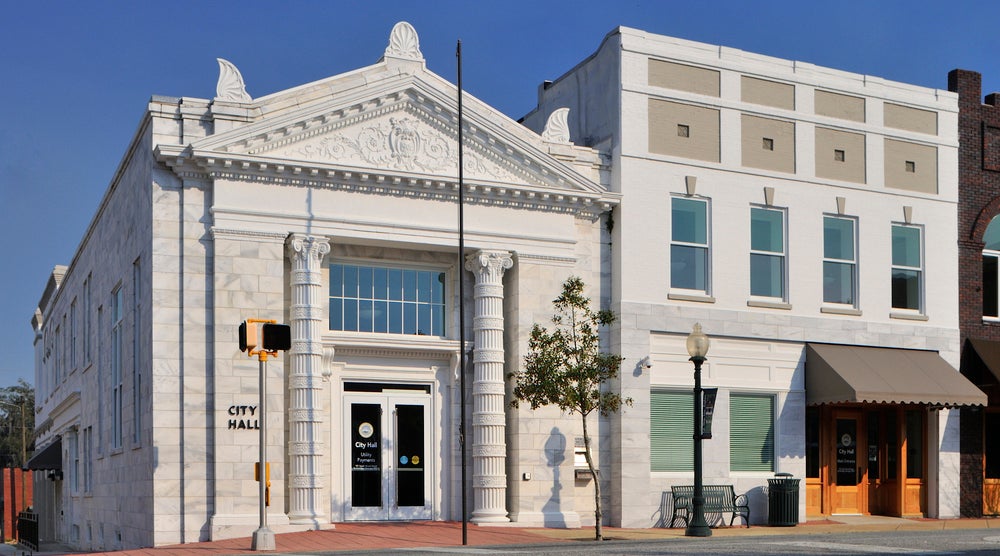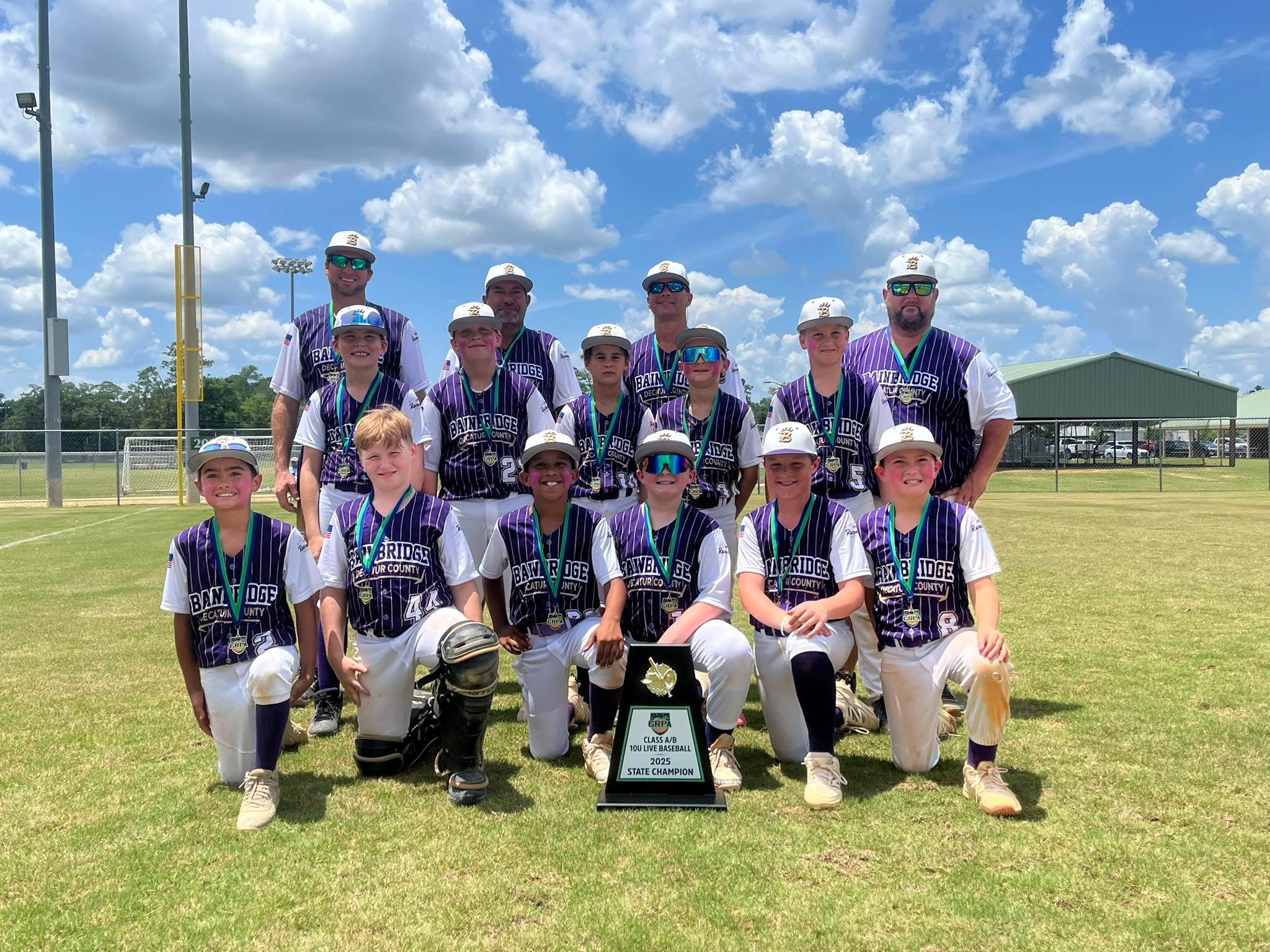Heart attack, stroke signs and symptoms
Published 7:14 pm Tuesday, May 4, 2010
Learning the signs and symptoms of heart attack and stroke—and calling 911 immediately when they occur—can help reduce death and long-term disability significantly, said Southwest Health District Health Director Jacqueline Grant.
“Cardiovascular disease is the leading cause of death in Georgia, including Southwest Health District’s 14 counties,” Grant said in a news release. “Yet more than 1.3 million Georgia adults don’t know the signs of heart attack. Roughly 2.8 million Georgia adults can’t recognize the signs of stroke.”
During May, National High Blood Pressure and Stroke Awareness Month, Southwest Health District is emphasizing a three-pronged message:
Learn risk factors associated with cardiovascular disease; learn how to reduce the risk factors; and learn how to recognize heart attacks and strokes and know what to do should symptoms occur.
Symptoms of stroke that often go unrecognized include sudden dizziness, loss of balance and falling, especially if the person who falls gets up promptly, said Grant.
“Heart attack and stroke are life-threatening emergencies,” she said. “Small lifestyle changes can reduce your risk.”
Modifiable risk factors include:
Smoking
Lack of physical activity
Poor eating habits
High blood pressure, also known as hypertension
Obesity
High cholesterol
Diabetes
“Making changes in your behavior can reduce your risk profoundly and allow you to live a healthier life,” Grant said. “Programs such as our Hooked on Health workplace initiative can help lower your risk of heart disease.”
Hooked on Health focuses on five categories of wellness behavior: Being active, being positive, maintaining a healthy diet, avoiding tobacco products and getting check-ups.
Georgia Public Health’s Stroke and Heart Attack Prevention Program (SHAPP) is another important weapon in the fight against cardiovascular disease, Grant noted.
SHAPP is an education, screening and treatment control program that targets low-income, uninsured or under-insured patients over 18 years old who have high blood pressure.
Along with taking steps to reduce the risks of heart disease, it is important to know the symptoms of heart attack and stroke.
“Anyone can have a stroke, no matter your age, race or gender,” Grant said. “Cardiovascular death rates increase with age, but it is a mistake to view it as a disease that only strikes the elderly. In Georgia, one out of every four people it kills is less than 65 years old.”
Symptoms that signal the need to call 911 for emergency medical attention include:
Heart attack
Chest discomfort (may come and go and may feel like squeezing, fullness, pressure or pain)
Discomfort in other areas of the upper body (including arms, back, neck, jaw or stomach)
Shortness of breath
Nausea, lightheadedness, experiencing a cold sweat
Stroke
Sudden trouble walking, dizziness, loss of balance or coordination
Sudden numbness or weakness of the face, arm or leg, especially on one side of the body
Sudden confusion, trouble speaking or understanding
Sudden trouble seeing (in one or both eyes)
Sudden, severe headache





